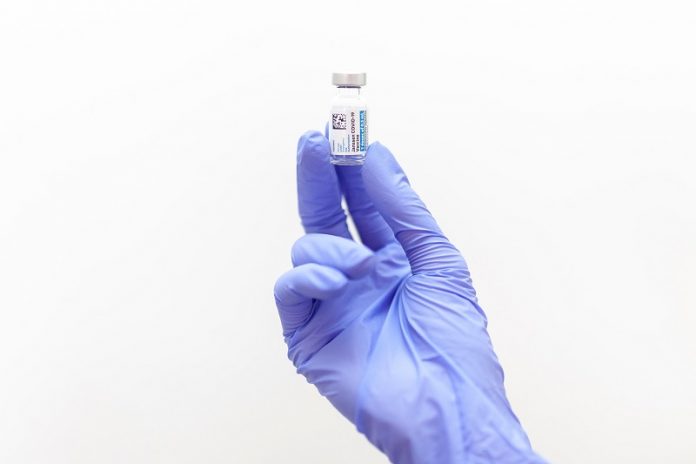
In a new study from the Sheba Medical Center, researchers found the fourth dose of existing mRNA COVID-19 vaccines offer little benefit to younger and healthy adults.
The study is published in the New England Journal of Medicine and was conducted by Gili Regev-Yochay et al.
The team tested 270 health care workers who received a second booster shot of either the Pfizer or Moderna vaccines, four months after initially getting three Pfizer shots.
These people were compared with a control group that had received only three doses of Pfizer.
The team found the fourth shot was safe and topped up recipients’ neutralizing antibodies—which block the coronavirus from infecting cells—to levels comparable to just after the third dose, prior to when antibody levels started waning with time.
But they also found that the fourth dose didn’t confer much-added protection against infection, despite the reduction over time of antibodies among people who’d received just three shots.
People who got the fourth shot of Pfizer were 30 percent less likely to acquire infection than those who got three doses, while those who got Moderna were 18 percent less likely to get infected.
Researchers also showed that vaccine protection against symptomatic infection was slightly better for younger adults who got the fourth jab—43 percent for Pfizer and 31 percent for Moderna—compared to people who received three shots.
These findings suggest that the advantages of three doses of a vaccine designed against the original strain of coronavirus had hit a ceiling in terms of the immune response.
Additional boosters may only restore waned immunity, rather than take it to new heights.
Researchers also suggest that if Omicron continues circulating, it is important to develop new COVID-19 vaccines specifically against Omicron.
A previous study from Pasteur Institute and published in Nature found that Omicron is much less sensitive to neutralizing antibodies than Delta.
They isolated the Omicron variant of SARS-CoV-2 from a nasal sample of a 32-year-old woman who developed moderate COVID-19 a few days after returning from Egypt.
The team first tested the sensitivity of the Omicron to monoclonal antibodies used in clinical practice to prevent severe forms of the disease, as well as to antibodies in the blood of individuals previously infected with SARS-CoV-2 or vaccinated.
They compared this sensitivity with that of the Delta variant and found that Omicron is much less sensitive to neutralizing antibodies than Delta.
The scientists then analyzed the blood of people who had received two doses of the Pfizer or AstraZeneca vaccine. Five months after vaccination, the antibodies in the blood were no longer capable of neutralizing Omicron.
This loss of efficacy was also observed in individuals who had been infected with SARS-CoV-2 within the past 12 months.
But administering a booster dose of the Pfizer vaccine or a single vaccine dose in previously infected people led to a big increase in antibody levels that were sufficient to neutralize Omicron.
Five to 31 times more antibodies were nevertheless required to neutralize Omicron, compared with Delta, in cell culture assays.
Omicron is therefore much less sensitive to the anti-SARS-CoV-2 antibodies currently used in clinical practice or obtained after two vaccine doses.
The Omicron variant’s biological characteristics are still relatively unknown.
It has more than 32 mutations in the spike protein compared with the first SARS-CoV-2.
The scientists concluded that the many mutations in the spike protein of the Omicron variant enabled it to largely evade the immune response.
Ongoing research is being conducted to determine why this variant is more transmissible from one individual to the next and to analyze the long-term effectiveness of a booster dose.
If you care about COVID, please read studies about common habit linked to severe COVID-19 and death, and sunlight linked to lower COVID-19 deaths.
For more information about COVID, please see recent studies about supplement that could help boost COVID-19 recovery, and results showing this drug can block multiple COVID-19 variants.
Copyright © 2022 Knowridge Science Report. All rights reserved.



